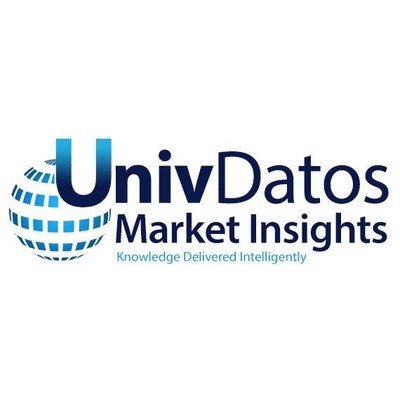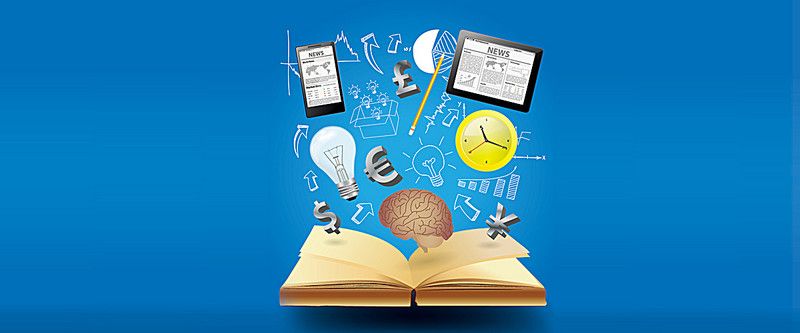
The primary exporters and the importers of commodities sold both home and abroad are small and medium enterprises (SMEs) in the USA. A survey by Zurich last year of 3,250 small and medium-sized companies in 12 countries, including 250 in the United Arab Emirates (UAE), revealed that they were the world's biggest exporters.
Data on mid-market companies elsewhere than the UAE is scarce but, according to a 2014 research by Emirates NBD, in Dubai, over half (51%) are generating a "substantial percentage" of the company's sales outside the UAE. The largest rate is for SMEs in the trading industry, 68% of whom are on foreign markets.
The UAE may be a challenge for American companies, particularly when they are not aware of banking procedures in the area. The recovery of payments is tending to be slower than in the US and Europe. Delays in payment are not unusual for several months or even years.
Trade finance has been increasingly prevalent in the UAE, with most local and international banks providing services for SMEs enabling them to engage in trade with local and worldwide markets.
Commercial credit letters (LCs) are widely employed in foreign commerce as a method of payment. Sight, deferred payment, and revolving are the most utilized forms of LCs.
The commercial transaction provisions are supplementary to the objectives of the parties, who frequently choose to be regulated instead by a Uniform Custom and Practice for Documentary Credit by the International Chamber of Commerce (ICC).
Banks provide several loans and products to small and medium-sized enterprises to protect them during import or export.
Take for instance a letter of credit (LC), frequently applied in international transactions, according to the Dubai Chamber in order to guarantee that payments would be paid in whole and on schedule. If purchasers cannot pay, the remaining amount of the transaction is covered by banks, it states, which makes it highly valuable for a small business.
Other products given to small and medium-sized enterprises by banks include the TR which relies on the normal cash flow generated by a company, adds the Chamber. Banks prefer to grant TRs as a "structured facility," which providers will pay immediately when invoices are presented.
Banks also provide short-term credit; import financing to provide providers with advance payments in order, according to the House, to bridge the gap between the acquisition of goods and the following sales and execution of profits.
"If your customers/providers fall within the danger zone, such as the CIS, Iran or western Africa, most banks would reject the credit receipt or letter from you, Jitendra Gianchandani, President and Managing Partner of Jitendra Consulting Group.
It is a good idea to obtain terms for the import/exporter that matches your working capital cycle, especially for SMEs without access to LCs, TR's or other loans, to minimize stresses on resources, said Deuskar, managing director of Salvus Advisors JLT, who helps small and medium-sized companies.
To fulfil priority banking requirement, you must know the criteria provided by each bank. Business banking has some distinctive features, always choose the one following your needs.
Either you are an expat looking for business opportunities or an Emirati Mashreq bank is always there to assist you. Mashreq bank provides its customers with the best premium bank accounts. You can visit Mashreq bank’s website for details.

- harder to make a deal and convince someone you deserve a better price on a vehicle if you are draped in expensive clothing. While you want to appear neat and ct

- The report has been aggregated by collecting informative data from various dynamics such as market drivers, restraints, and opportunities.

- When you search PDF on the web, it can also be daunting without the help of a search engine. This is true in spite of the fact that it is easy to come across

- From our professional to personal routine, many gadgets are always required handy to keep up with all sorts of tasks.Educating is one of the few professions the